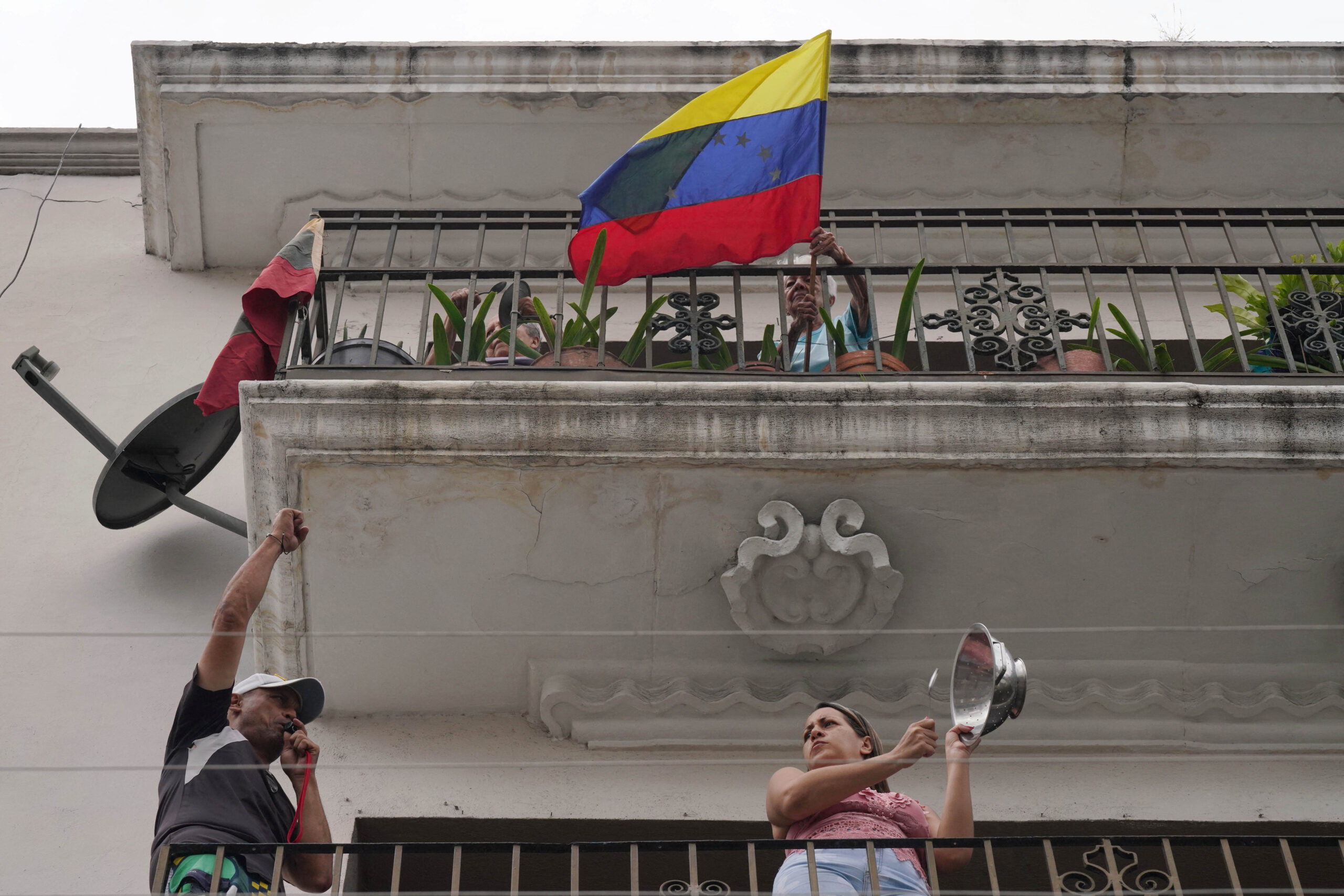US Expands Sanctions Against Allies of Nicolás Maduro
The United States has taken a significant step in its ongoing campaign to hold the regime of Venezuelan President Nicolás Maduro accountable for alleged violations of democratic principles and human rights abuses. On Wednesday, the U.S. government announced sanctions against 21 additional officials associated with Maduro, linking them to the repression that ensued following the contentious presidential election held in July.
Targeted Officials and Their Roles
Among those newly sanctioned by the U.S. Department of the Treasury are key figures in Maduro’s administration. The list includes the head of Venezuela’s corrections agency, the director of an intelligence service, and a minister overseeing operations within Maduro’s Office of the President. This latest round of sanctions expands a growing roster of Venezuelan officials who have already faced penalties from the U.S., which includes members of the nation’s highest court, various prosecutors, and other influential players in Maduro’s regime.
Biden Administration’s Intensified Stance
The Biden administration’s recent actions reflect a more aggressive stance regarding the Venezuelan crisis. Just last week, the administration officially recognized opposition candidate Edmundo González as the “president-elect” of Venezuela, a significant move given the country’s political upheaval. In conjunction with the Treasury’s sanctions, new visa restrictions have been placed on individuals accused of participating in the repression of Venezuelans after the disputed election of July 28, underscoring the U.S. commitment to backing the opposition.
Controversial Election Results
During the July election, Maduro proclaimed victory; however, his administration has yet to release any official vote counts to validate these claims. In contrast, González, who heads the primary opposition coalition, asserts that he secured a decisive win. Following the electoral process, he fled to Spain in September amid a threatening environment, including a Venezuelan warrant for his arrest that arose from allegations concerning the unauthorized release of vote tallies contesting Maduro’s assertions.
Recent Sanctions and Their Implications
This wave of sanctions follows a similar initiative enacted in September, during which the U.S. sanctioned 16 allies of Maduro. These actions were primarily based on accusations concerning vote manipulation and violations of human rights against the population. Yet, despite the scope of these sanctions, there remain uncertainties about their overall impact. A significant number of Maduro loyalists continue to hold prominent positions within Venezuela’s governmental framework, and it remains to be seen whether these measures will effectively shift the political dynamics in the country.
Venezuelan Government’s Response
In response to the sanctions imposed by the U.S., Venezuela’s National Assembly is currently in discussions regarding a controversial legislative proposal that aims to classify economic sanctions as crimes against humanity. If this bill is passed, it would allow for the prosecution of individuals who express any form of support for such sanctions, further inflaming the already tense relations between Maduro’s government and opposition factions.
Questions Surrounding the Effectiveness of Sanctions
As the U.S. continues to implement sanctions and apply pressure on the Maduro regime, significant questions linger about the true effectiveness of these measures. Critics argue that the sanctions, while they may be aimed at curtailing the regime’s actions, often miss their mark and may inadvertently harm the Venezuelan populace more than the intended targets. Analysts ponder whether these restrictive actions could lead to meaningful alterations in Venezuela’s political structure or if they merely serve as symbolic gestures without tangible results.
The Road Ahead
Looking ahead, the situation in Venezuela remains precarious. With the Biden administration adopting a more confrontational approach, and the Venezuelan government responding with legislative efforts to counteract external pressures, the political landscape appears set for further escalation. The international community watches closely as both sides brace for potential confrontations and navigate the complex web of politics that defines Venezuela’s current reality. Whether these sanctions will contribute to a resolution or exacerbate existing tensions is a question that remains to be answered.
